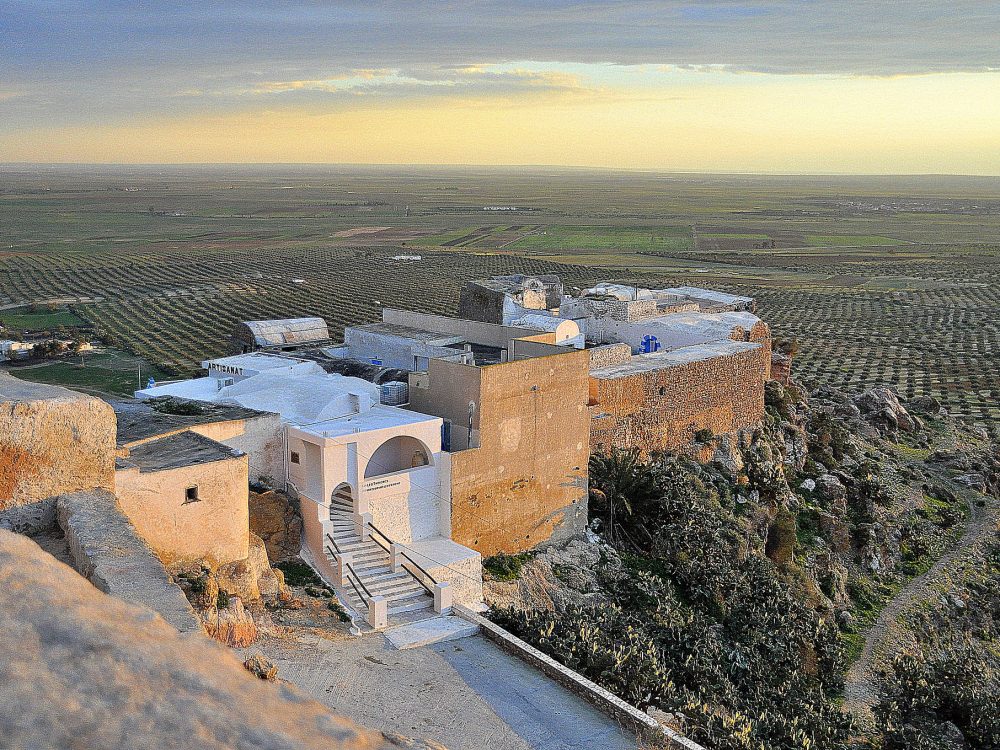Leveraging Data to Reshape Relationships
In December 2014, Development Gateway hosted the 7th Annual Aid Management Program Good Practices Workshop in Kathmandu, Nepal. This event brought together representatives from over ten countries for discussions, knowledge sharing, and hands-on sessions. Over the next several weeks, we will be releasing posts covering some of these breakout sessions. Be sure to review our Blog and Twitter (#AMPWS2014) for previous posts.
As the world embraces the Data Revolution, it’s easier and easier for individuals, organizations, and governments to collect vast amounts of data on a range of subjects. However, the true goal of this revolution is not to drown in data, but learn how we can leverage data to make better decisions.
The Government of Nepal, this year’s workshop co-host, has been leveraging their Aid Management Platform to gather and aggregate information on foreign aid. The Ministry of Finance uses this data to prepare, among other things, the yearly Development Cooperation Report, as well as an annual brief on technical assistance for parliament in advance of the national budget announcement.
Data is also reshaping relationships between the Government of Nepal and its development partners. Analysis of historical and current trends through AMP led the government to revise its 2014 Development Cooperation Policy, which gives specific guidance to donors on how to allocate aid funds. Now including more robust coordination mechanisms, reporting areas, and results frameworks, this data-based policy change aims for more effective interventions – with the government in the driver’s seat.
Learning about successful high-level data uptake was a great experience. However, as we covered last year, challenges remain to ensuring increased uptake at all levels of users – from the prime minister, to a district ministry, to the public.
Is the creation of more data alone sufficient to increase uptake? Stay tuned for our next #AMPWS2014 post, in which the Governments of Malawi and Niger wrestles with this very question.
Image: Government of Nepal representative showcasing a data-driven report at the AMP Good Practices Workshop.
Share This Post
Related from our library

How useful is AI for development? Three things we learned from conversations with development experts
The development world is buzzing with excitement over the idea that new and emerging applications of artificial intelligence (AI) can supercharge economic growth, accelerate climate change mitigation, improve healthcare in rural areas, reduce inequalities, and more. But what does this look like in real life?

The Future of Technology Governance and Global Development: Why DG Brought DataReady In-house
DG is excited to announce we now have more robust data governance advisory services with the recent integration of DataReady.

At a Glance | Tracking Climate Finance in Africa: Political and Technical Insights on Building Sustainable Digital Public Goods
In order to combat the effects of climate change, financing is needed to fund effective climate fighting strategies. Our white paper, “Tracking Climate Finance in Africa: Political and Technical Insights on Building Sustainable Digital Public Goods,” explores the importance of climate finance tracking, common barriers to establishing climate finance tracking systems, and five insights on developing climate finance tracking systems.